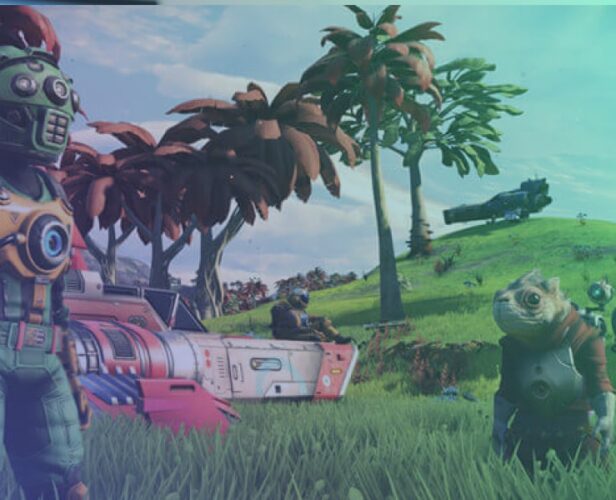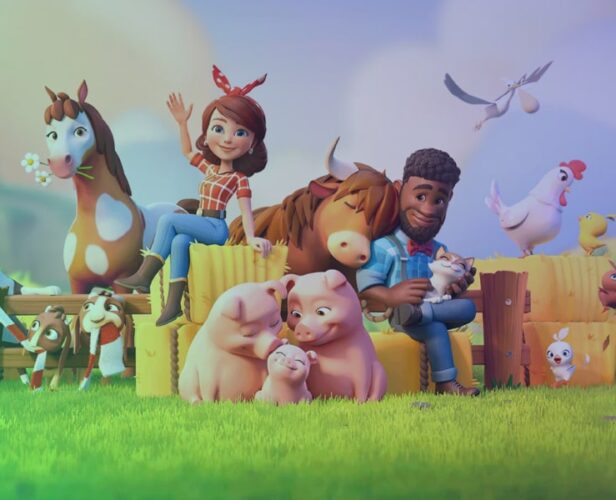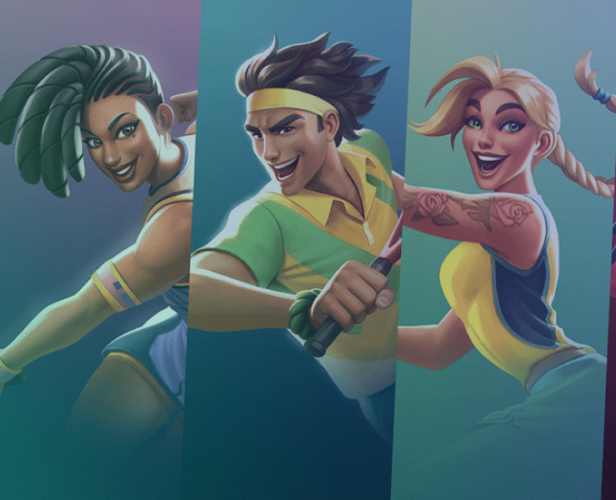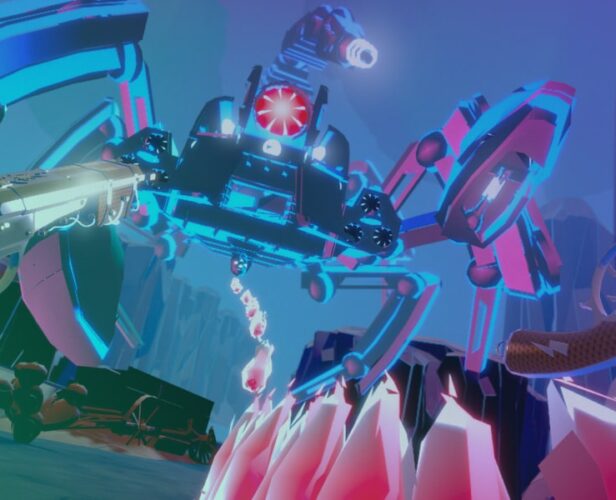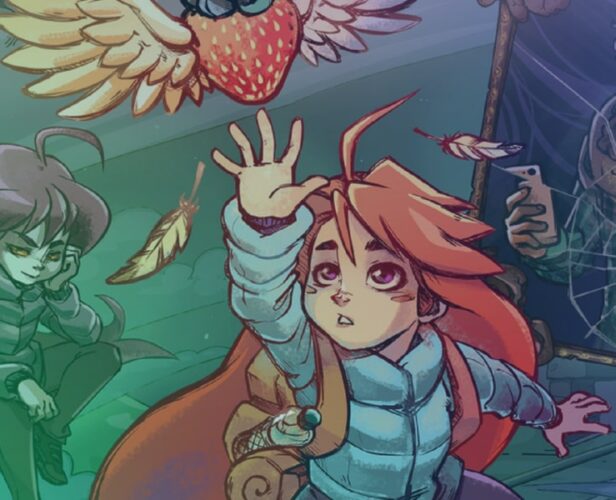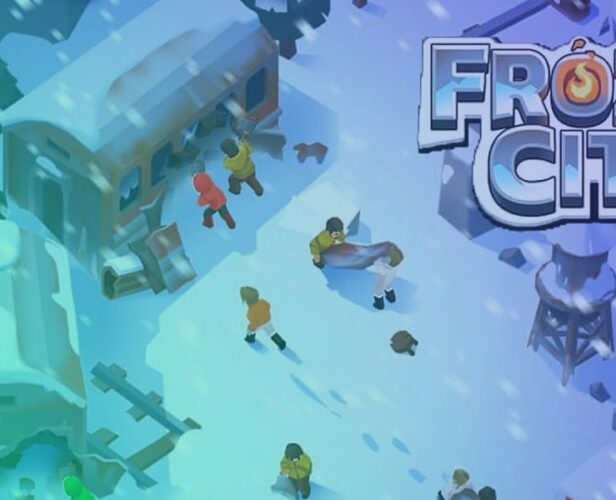Category
Strategies
#Marketing & Publishing
Managing Expectations: The Art of Building Hype the Right Way
You want your players to be engaged with your game, but you don’t want to accidentally break the trust you’ve built up. When developers overpromise and don’t deliver, it can damage their relationship with their audience. Here are our top tips for building hype safely.
#Strategies
Infinite worlds: The gaming investment landscape in 2023
The gaming market is a behemoth, with consumers expected to spend $185bn on games this year alone. But how can we expect to see the market evolve? Mattias Ljungman, Founder and Managing Partner of Moonfire, answers just that.
#Strategies
Adapting to the changing games market: a Zynga spotlight
Every company has its ups and downs. But it’s how they regroup that matters. And Zynga is no different. so we thought we’d dive into what they did and how they came out the other side as one of the most successful mobile gaming companies in the world.
We dive into Zynga’s strategy and how they recovered from losing half their revenue to rise back to $720 million a quarter.
#Game Deconstructions
How Tennis Clash scored a golden set
Tennis Clash was one of the most downloaded mobile games in 78 countries when it launched. And it’s had over 50 million downloads on Google Play alone. We look into some of the key factors of its success.
#Game Design
Creating concept art for games, with genAI
While it may not excel at everything yet, AI's prowess in concepting, storyboarding, and ideation has captured the industry's attention. Join us as we delve into the realm of GenAI, exploring its ability to create stunning concept art and assets for games.
#Game Deconstructions
Cloudhead Games’ advice on jumping into the VR Market
In the next five years, almost a third of people will have a headset of some description, and there’ll be about 2.5 billion players. But how do you make the shift to this incredibly lucrative new area? We asked Cloudhead Games.
#Game Design
Ship fast without regret: lessons from 15 years in mobile gaming
One of the biggest mistakes a studio or developer can make is failing to plan ahead. Teemu Haila, Co-Founder & CPO at Metaplay, talks about how launching a game with a short-term mindset can be detrimental to its long-term success and cause avoidable headaches further down the line.
#Game Design
How to write perfect dialogue trees for games
One of the key times players get to make a choice is during dialogue. But how exactly do you create and plan all those branching paths?
#Game Design
How to make your game more diverse and inclusive
How can you make your game more diverse, accessible, and inclusive? It's not only a great thing to do, but it can also open up your game to a larger audience. Here's our guide on how you can make more inclusive and diverse games.
#Data & Analytics
Making the leap from 100 players to 10 million
Anime Dimensions had Roblox’s best-rated launch in the platform’s history. We spoke to the founder and key developer of Albatross Games to discover how they managed to make such a monumental leap in just 60 days.
#Ads & Monetization
Frozen City post-IDFA global launch UA case study
In this case study, Matej Lancaric deconstructs Frozen City from Century Games, to find out how they went from $1 million a month in 2020, to $20 million a month today.
#Marketing & Publishing
Translating games: tips and best practices
Want to reach entirely new audiences and increase player engagement globally? Then let people play your game in their native language, but don’t fall into the pitfall of bad translation. Here are some examples and best practices for translating a mobile game.
#Game Design
How to build successful VR games as a solo developer
Building video games has never been a simple task. You can have a brilliant idea for a game, but without the right skills, tools and resources, it can be near-impossible to tackle by yourself. Especially if we consider something as complicated and new as virtual reality. Not that this stopped Sergio Hidalgo. Being a one-man studio, Sergio managed to produce, release, and publish two successful VR titles. His first title, Dreadhalls, sold up to 250,000 units worldwide, and hit over 60,000 concurrent viewers on Twitch. (For comparison, Team Fortress 2’s highest was around 80,000.) While Cosmodread has had approximately 25,000 players on Steam alone. So to get his advice and learn his secrets, we sat down to hear his story and journey as a solo-game developer. Here’s what he had to say. 1. You don’t have to have it all...
